Did you know that some plants without ants suffered from various obstacles, especially pests? Ant removal in tropical plants actually results in a decrease in the plant’s health.
There are many reasons why you might find them on your indoor plants, and some are actually advantages of ants for your plants.
Many times, their presence indicates that other parasites have infested your plants, such as aphids.
They could also have been attracted by rotten material, such as old leaves or other dead plant parts that haven’t been removed from the plants.
Ants are constantly exploring and looking for food bodies. If they find something, they leave pheromone trails as signals for other ants. Simple crumbs or leftovers forgotten outside can be enough to attract them.
Once they are in the house, they will find your plants and could decide they are a good nesting place. Lastly, ants can also be a sign that your soil is too dry since they thrive in these conditions.
- Related article: Common Garden Insects
Now that you know why ants are crawling on your plants, you might wonder if they are harmful or not. The answer is complex, as ants bring both advantages and disadvantages.
The Good: How Ants Help Your Plants
These are the top reasons of why I allow ants in my garden – within reason of course!
1. Pest Control
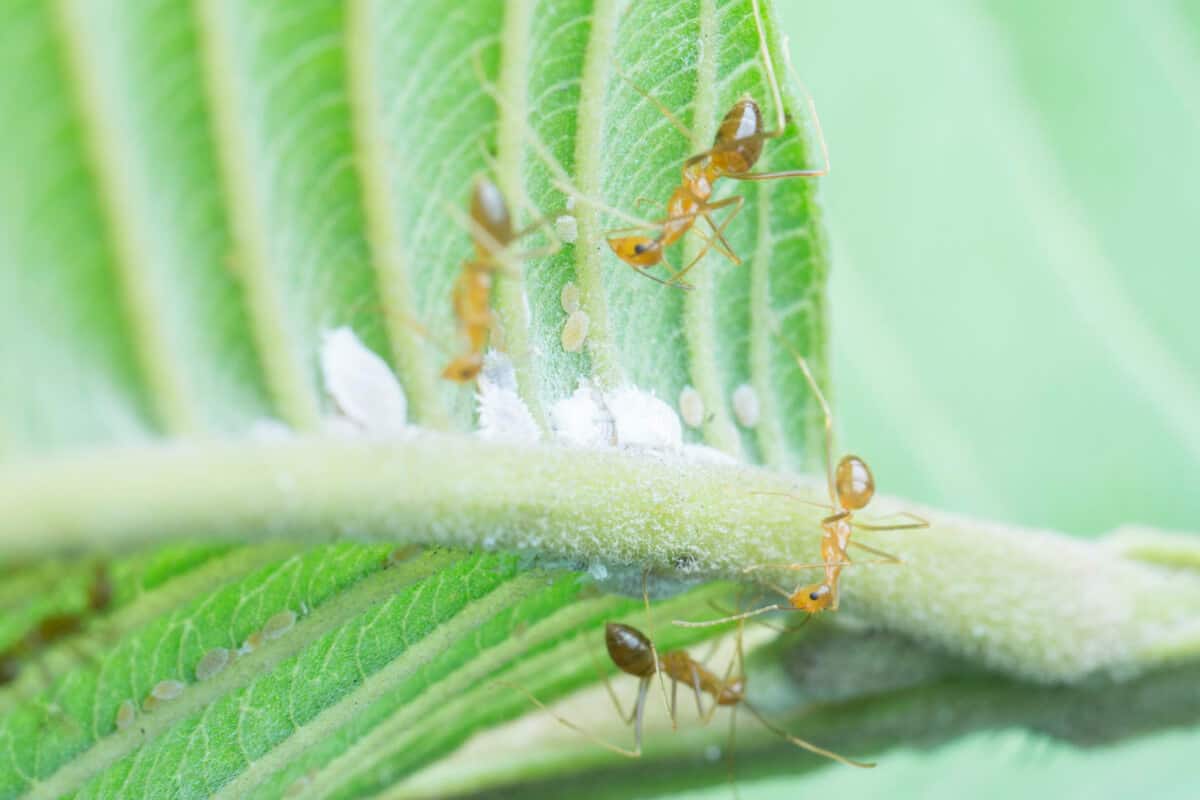
Ants are beneficial bugs and act as plant biotic defenses.
Even though they are small, they are very talented and efficient at controlling various types of insects, which can damage your plants, both indoors and outdoors.
Ants mostly feed on the eggs and larvae of caterpillars, fleas, and termites, and they also reduce the damage of other pests by disturbing them when they eat.
In fact, ants have been used for biological pest control since 300 A.D., and many farmers still employ them today as part of an Integrated Pest Management strategy.
Of course, it might be less advisable to introduce ants in the house, since not many people want to see them crawling on their floors and furniture.
2. Pollination
Ants act as pollinators as they are constantly on the move, moving from plant to plant, searching for food.
They sometimes also feed from pollen, since they like any sweet food, but the amount they eat doesn’t cause any damage to the plant.
They are less efficient than other pollinators, such as bees, but they can still be a great help.
3. Soil Improvement
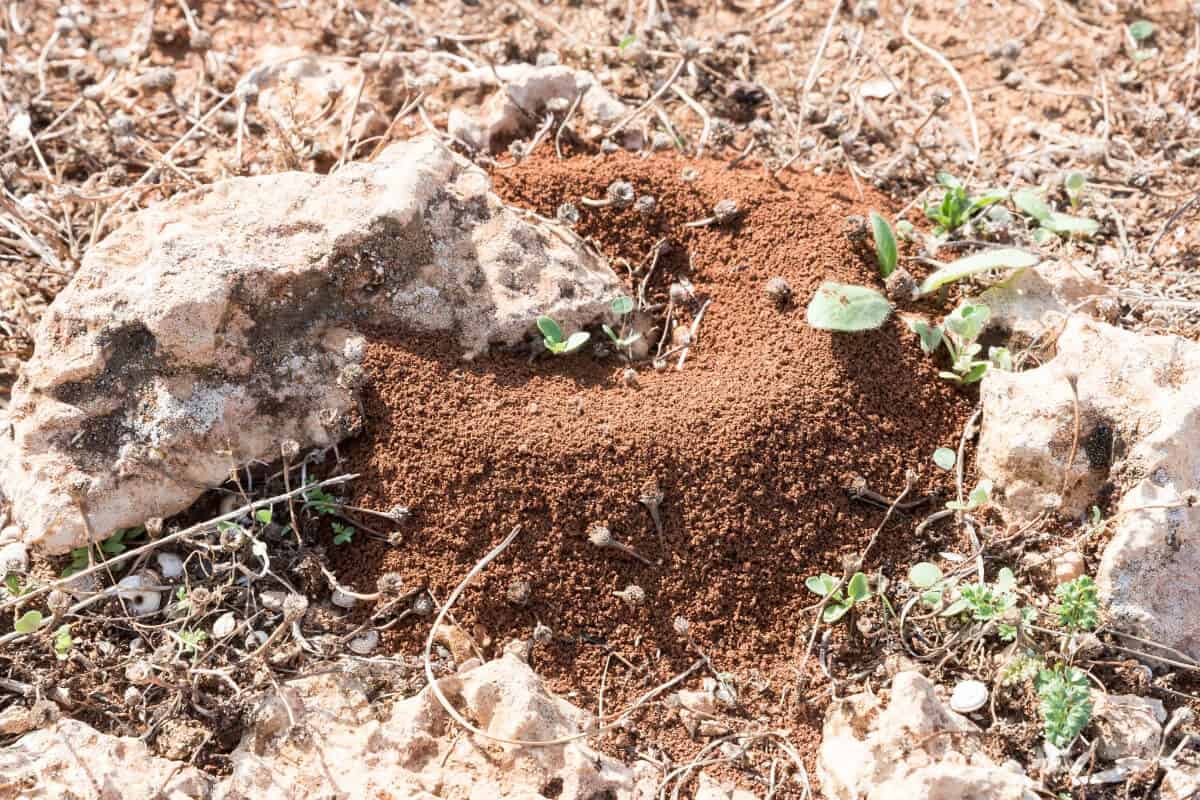
Ants build their nests in the soil by digging numerous tunnels. This has the effect of improving soil aeration and allowing moisture to permeate all layers.
Your plants could ultimately benefit from this, as oxygen and water will reach their roots more efficiently.
4. Decomposition
Believe it or not, ants are responsible for the first step of the decomposition process.
As they feed on organic waste and dead insects, they break them down into smaller particles, which will then be completely decomposed by other organisms, such as bacteria and fungi.
The overall effect of this phenomenon is the release of important nutrients in the soil, which will be available for your plants.
The Bad: How Ants Hurt Your Plants
1. Ants Farm Aphids
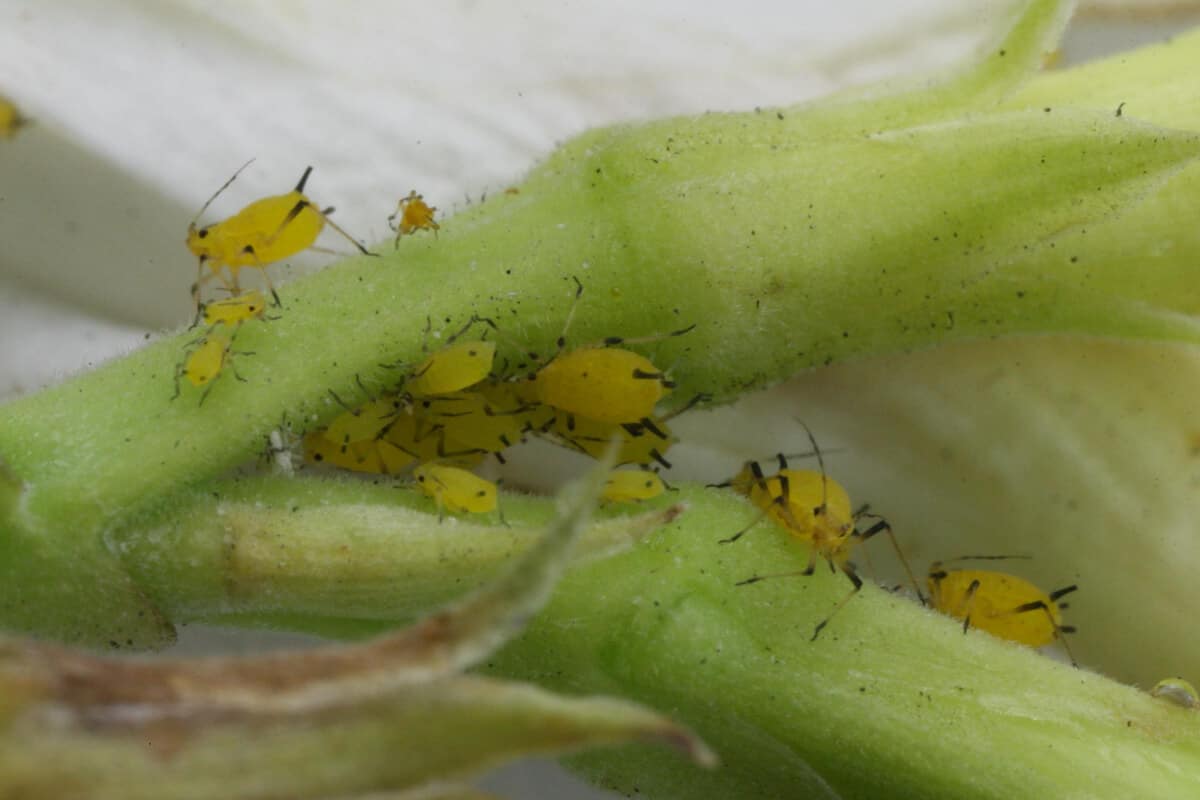
Ants and aphids have a beneficial relationship that can be dangerous because of the sugary substance aphids excrete which is called honeydew.
Aphids are sap-sucking insects and feed on plant leaves, but they usually ingest too much too quickly to be able to digest it all.
The rest is excreted in the form of honeydew, which is extremely rich in sugar.
Everybody knows that ants are attracted to sweet foods, so during the course of evolution, they have developed a symbiotic mutualistic relationship with these honeydew-producing insects.
Ants essentially farm them, protecting them from natural predators and moving them to safer locations or richer food sources.
In exchange, they harvest their excretions. What this means for you is that the population of aphids could grow exponentially in the presence of ants, endangering your plants.
2. Root Damage
While ants don’t directly feed from plant roots, they do excavate all around them.
While this can sometimes be an advantage, as it aerates the soil, in other instances, it could damage the plant root system.
Too many tunnels will mean that the roots will have more difficulty growing and be more prone to illnesses.
3. Water Permeation
The capacity of ants to build nests by digging tunnels in the soil can be a disadvantage rather than an advantage.
If the air pockets in the soil are too many, the water could permeate so quickly that the plants don’t have time to absorb it before it runs out at the bottom.
4. Leaf Damage
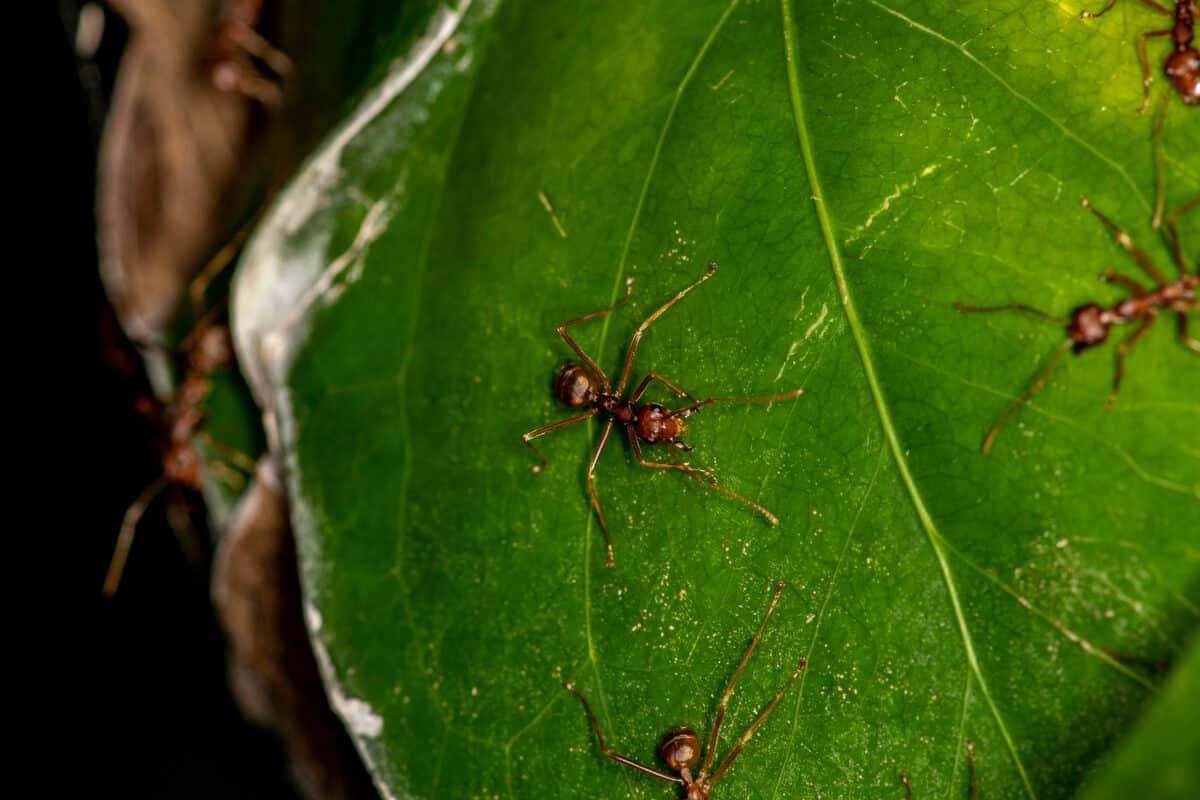
Most ants prefer to eat organic waste rather than attack live plants directly. While leafcutter ants could seem like the exception, they actually don’t feed from leaves.
These ants have earned their name because they literally cut out pieces of leaves to carry them back to their nests.
Sometimes, they use them to farm a fungus that is the main source of food for their young.
Leafcutter ants don’t remove whole leaves, but if they get to be too many, they can considerably weaken your plants by reducing their ability to photosynthesize and damage your plant’s leaf production.
5. Seeds And Shoots
Ants love to feed from the seeds of many vegetables and other plants. If you’re not careful, they might remove all of the seeds you have planted.
They also eat the most tender parts of the plants, such as young shoots and transplants.
These will need to be protected from ants in the early stages, otherwise, ants might stunt their growth or even kill them.
How to Get Rid of Ants on Your Plants
1. Refresh Your Potting Mix
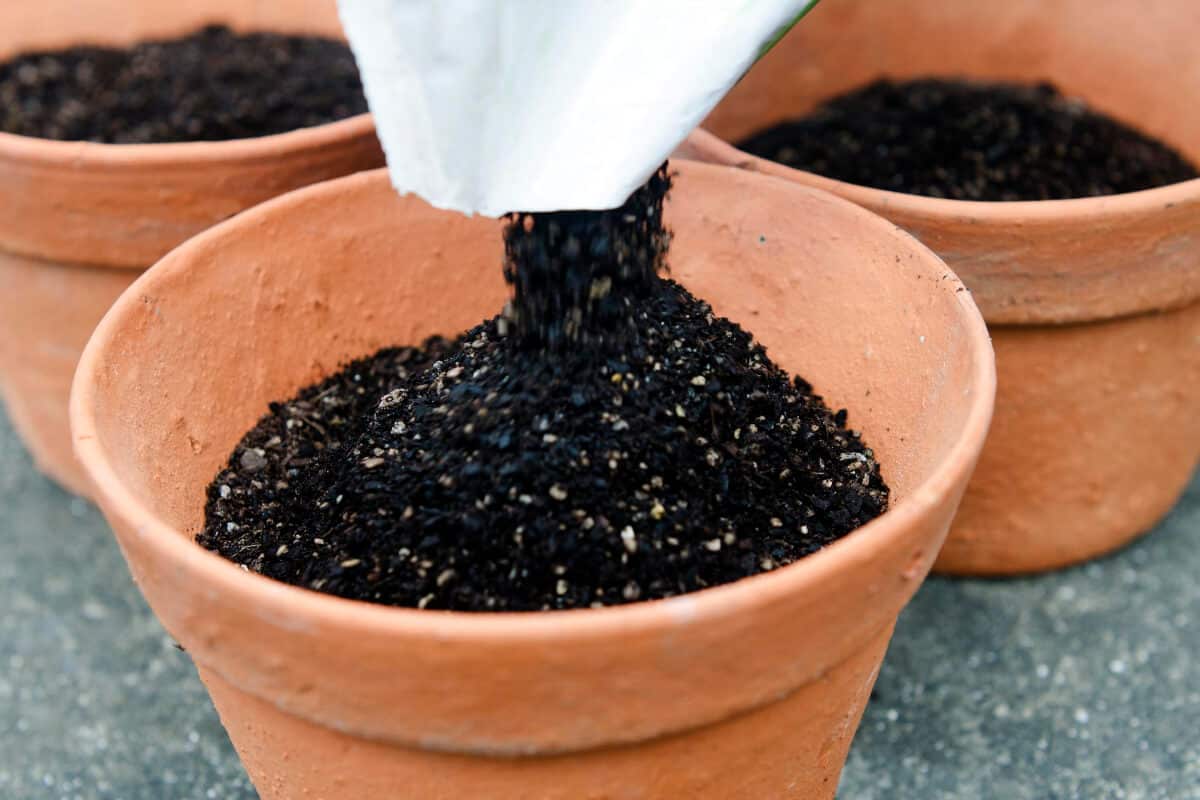
Ants love dry soil or hydrophobic soil. They cannot survive in moist conditions, so sometimes simply transplanting your houseplants into new soil will be enough to get rid of them.
Make sure to use fresh potting soil and mix that retains moisture and water your plants regularly to prevent the ants from returning to your dry soil.
- Read more about Ants in Potting Soil
2. Soak In Water
If you have small pots of plants that love plenty of fresh water, you can soak them in a bucket of water until no air bubbles emerge.
You can also make an ant-repellent solution using warm water with insecticidal soap or dish soap mixture.
This is only a temporary solution, but it’s effective in taking care of the ants that are present in the soil.
3. Use Spices
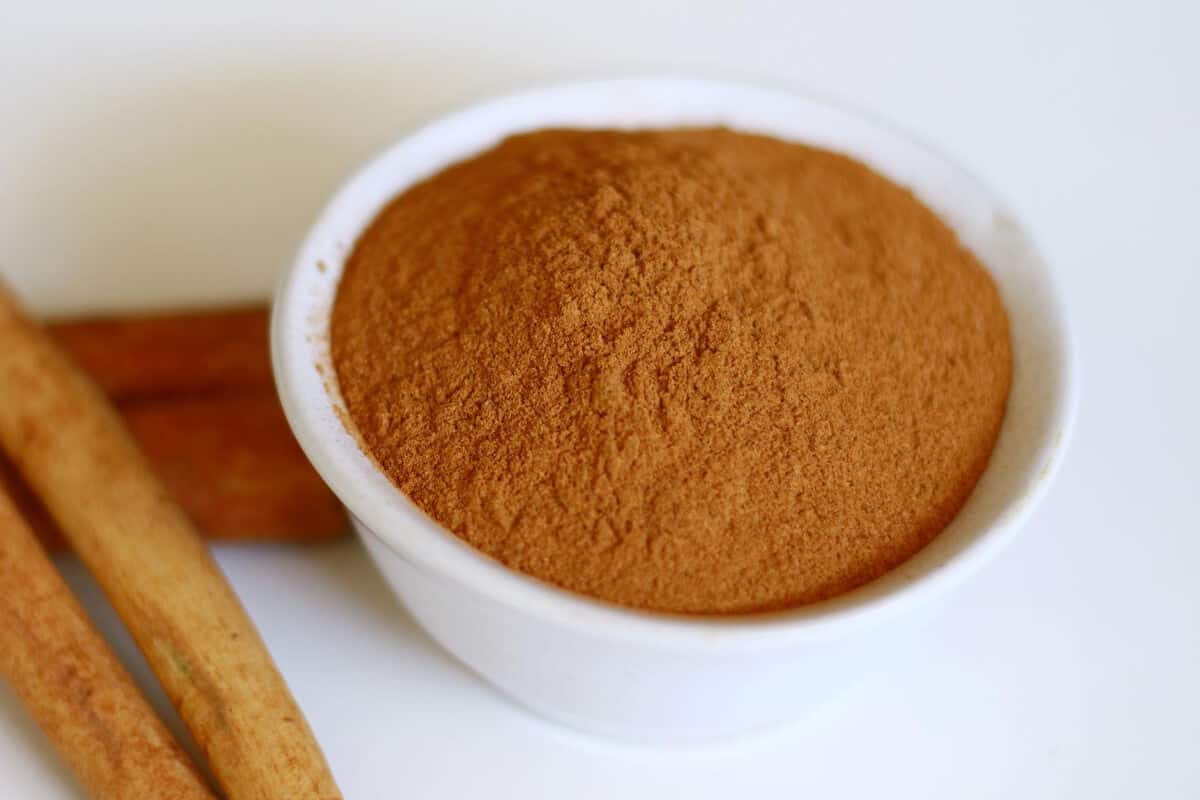
There are some smells with strong effects that actually repel ants—cinnamon, cayenne pepper, and chili powder are all effective in keeping ants away.
You can use these spices in powder form by sprinkling them on the soil of your plants, or also use them whole, when possible.
Cinnamon sticks are one of the best choices, since their effect lasts much longer than the ground spice, and they won’t need to be reapplied after every watering.
Some say coffee grounds, peppermint oil, mint tea leaves, and citrus juice also work.
4. Make An Ant Bait Trap And Kill Them
If the problem is serious, you might want to take care of the whole ant colony by baiting ants with food.
In this case, the best solution is to use a mixture of powdered sugar and boric acid.
The attractive sugars will act as bait traps, luring the ants, which won’t be able to smell the boric acid and will carry it back to their nests.
This substance is poisonous to them, so the entire colony will be wiped out.
You can place these bait traps next to your plants or on ant trails if you have noticed them.
Ants on Your Plants Final Thoughts
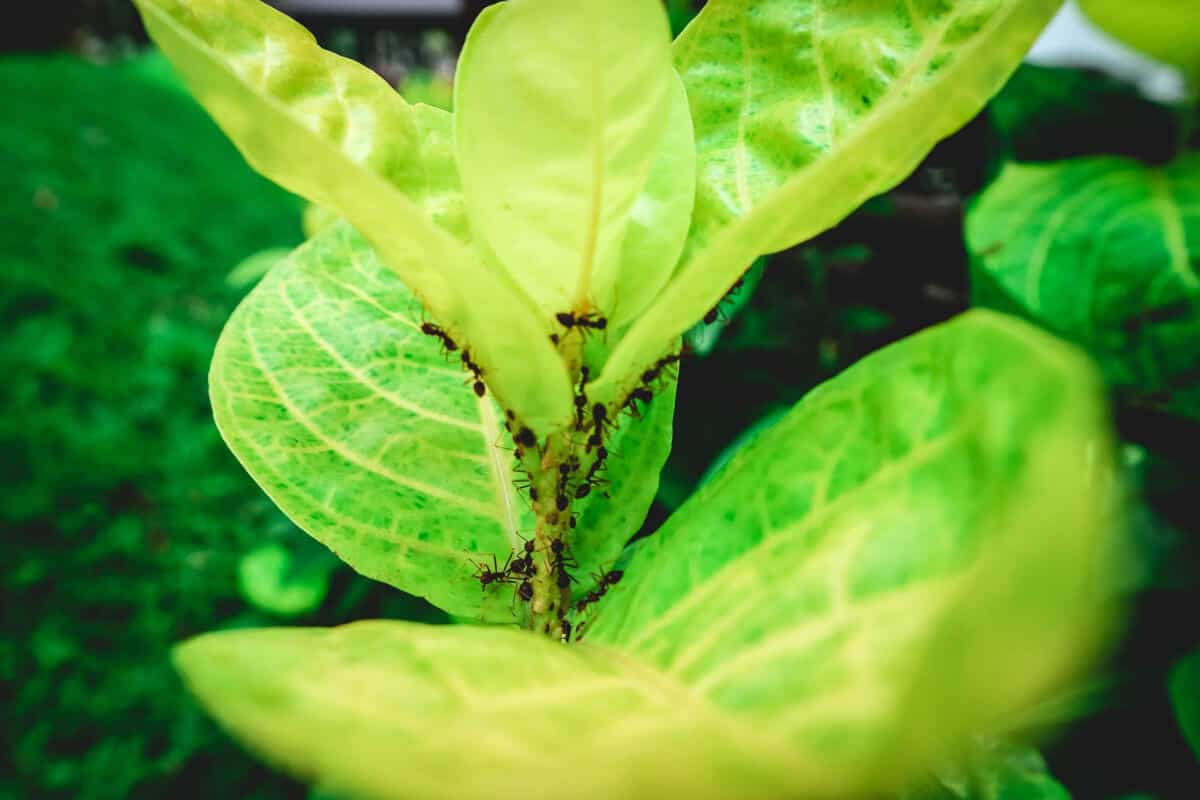
The evolutionary relationship and ant-plant interactions can be beneficial or detrimental to plants depending on the situation.
It is still important to recognize the signs of an ant infestation and take steps to prevent or get rid of them to ensure the health and well-being of your plants, even if they act as plant biotic defense.
Too many tunnels in the soil can damage the root system and lead to poor water absorption. While Leafcutter ants may also weaken plants by reducing their ability to photosynthesize.
Luckily, there are a lot of ways to get rid of ants, both natural solutions and those with chemicals involved.
Taking these measures will help make sure your plants stay healthy for years to come and ants will stay as beneficial insects!
Check out these articles to learn more about ants and other insects:
- Ants in Greenhouse
- Ants in Garden Beds
- Fire Ants in Garden Good or Bad
- Controlling Ants in Vegetable Garden
- Ladybug Amazing Facts
- Difference Between Ladybug and Asian Beetle
Sources:

